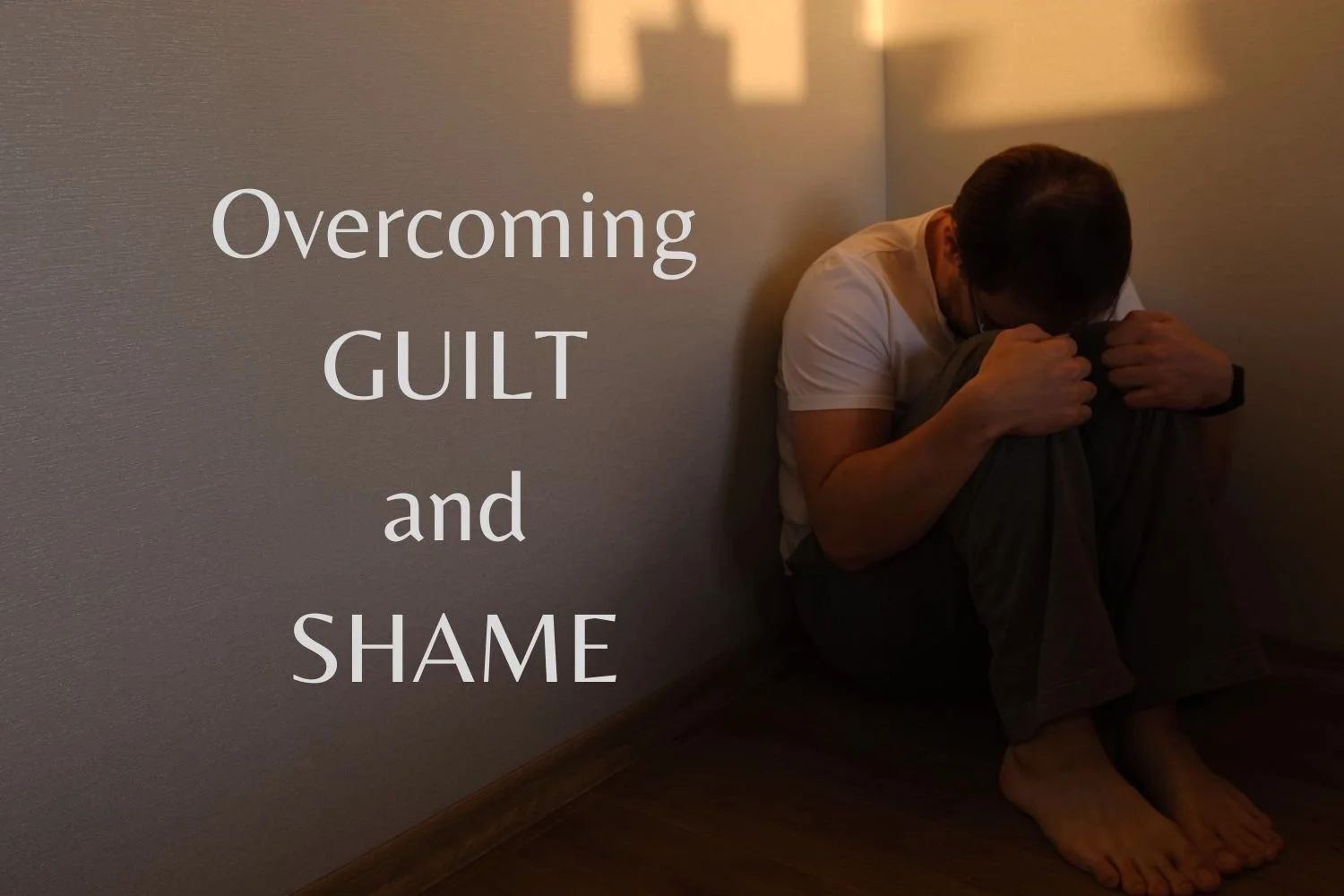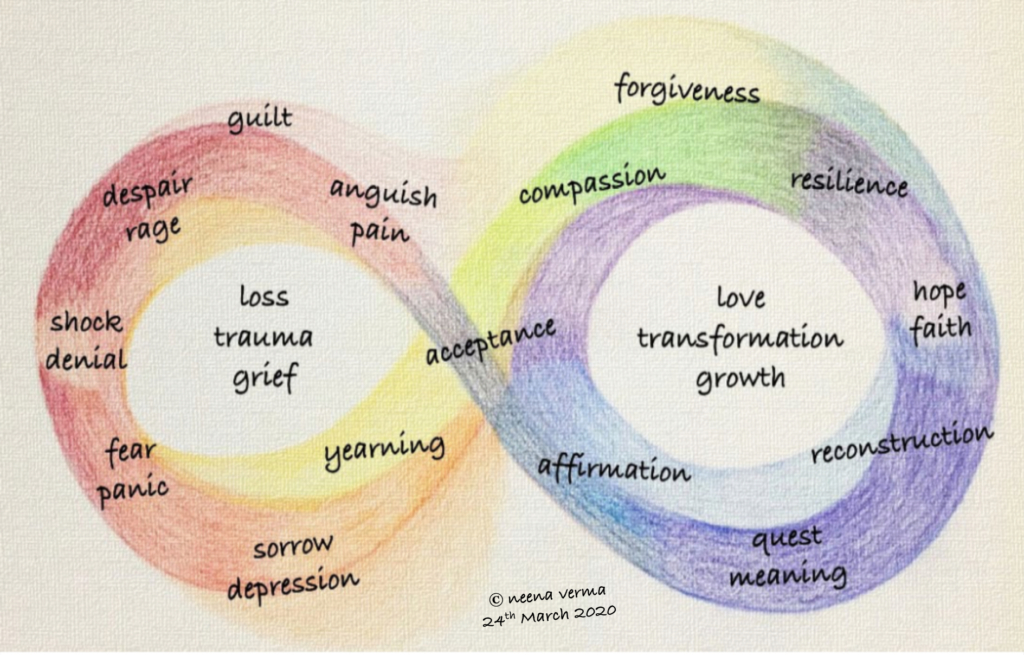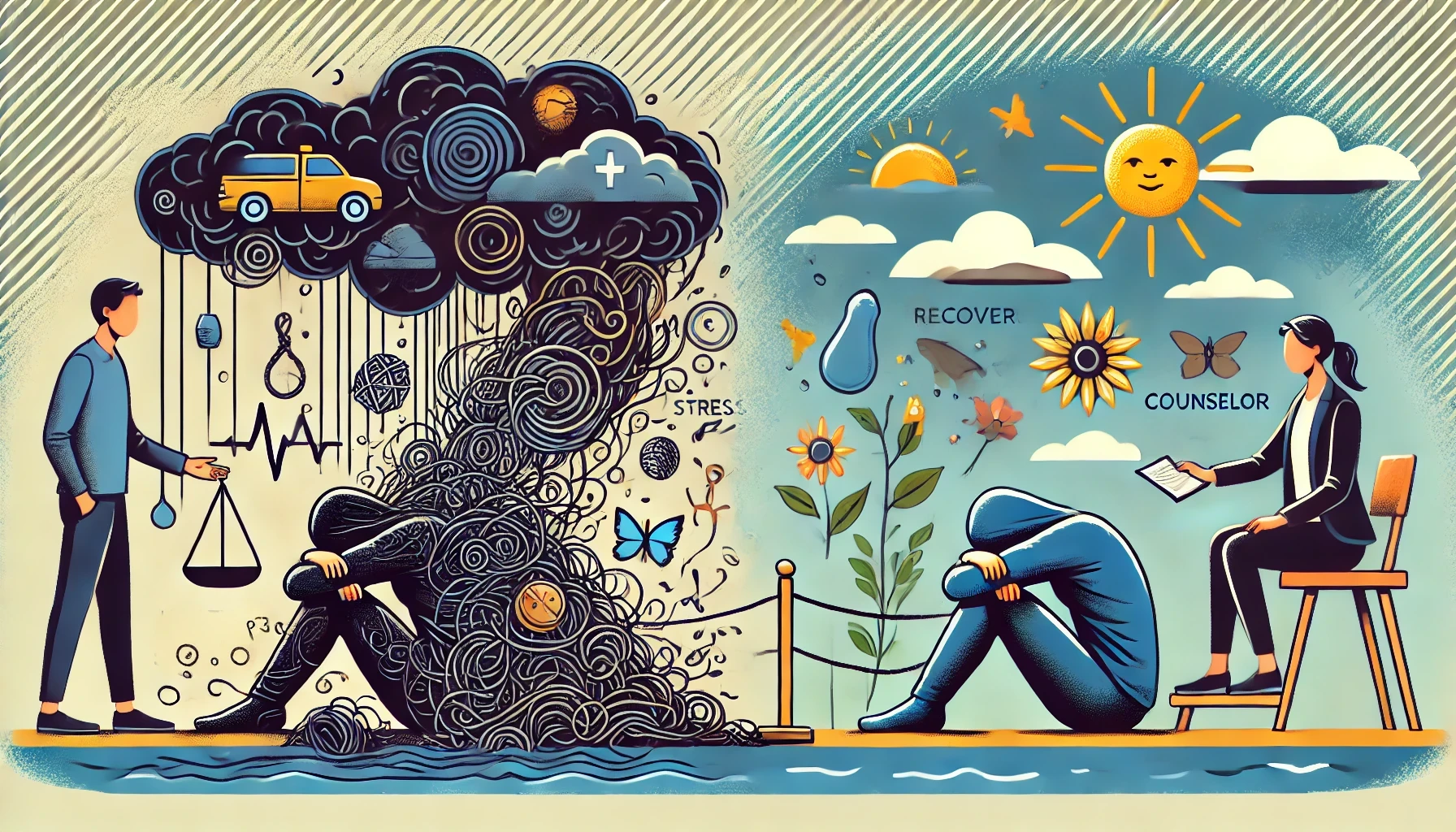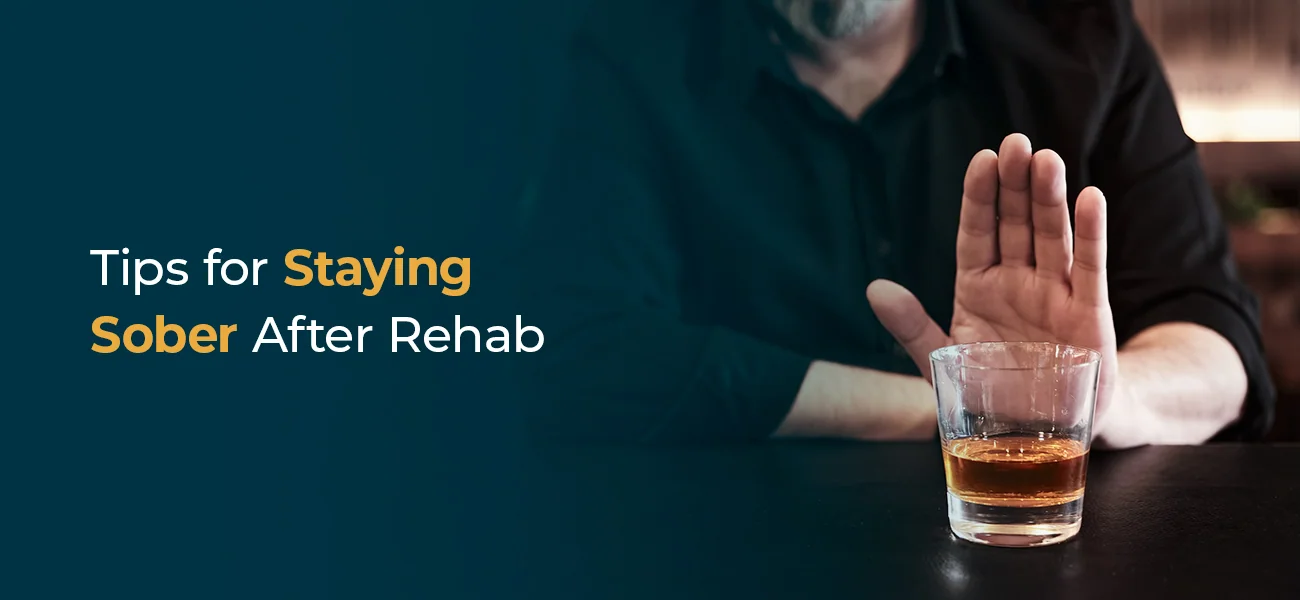Overcoming Shame in Recovery
Shame can feel incredibly heavy and isolating, especially for anyone navigating addiction. It’s not just embarrassment—it’s that deep, lingering belief that something is wrong with you at your core. And unlike passing emotions, shame tends to stick, quietly influencing how you see yourself and the choices you make. For many people struggling with addiction, shame … Read more









